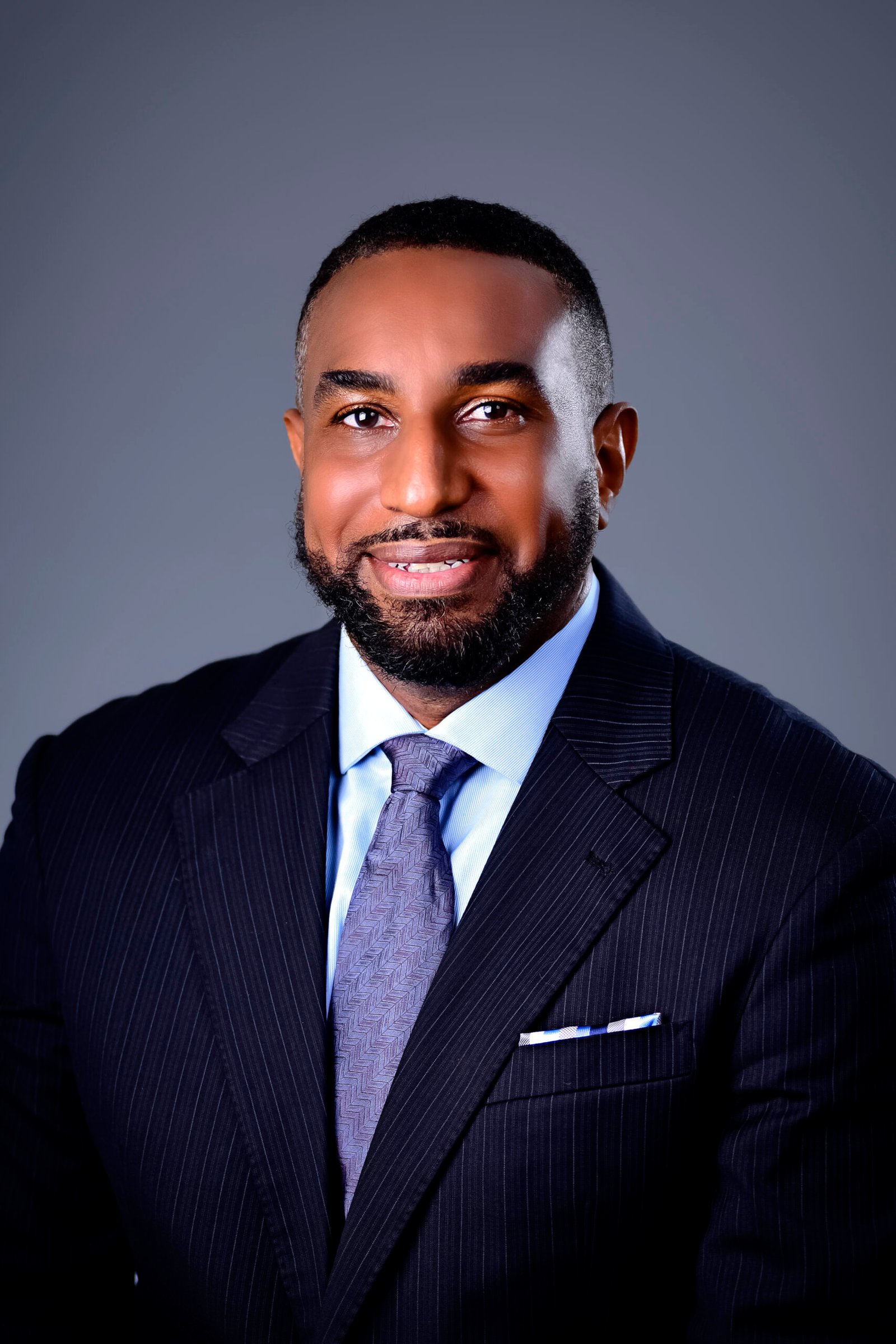NASSAU, BAHAMAS — From the diversity of the board to oversight of new Environmental, Social, and Governance (ESG) risks, directors are coming under increasing pressure to rethink governance and decision making processes.
A new survey from PwC asks whether Caribbean organisations living up to stakeholder expectations
The “Caribbean’s Corporate Governance Survey 2022: Picking Up The Pace” gauged the views of 193 directors from private and public sector organisations across the region.
Whilst continuing to manage the ongoing impacts of the global COVID-19 pandemic, the results highlight that organisations need to re-examine and realign priorities, rethink board structure and reconfigure board governance to address emerging challenges and be able to deliver sustained outcomes for all stakeholders.
Among key findings were that more than half of the directors surveyed believe that their board needs refreshing by replacing at least one fellow board member. Some thirty percent would replace two or more, citing a reluctance to challenge management, lacking the appropriate skills and expertise as among the top concerns.
Less than half the directors in the survey reported that their boards have carried out an assessment in the past year, of which most were self assessments. Nearly three-quarters of directors (74%) identified difficulties in being frank in the review process and more than half (57%) interpret it as a “check the box” exercise.
Less than 60 percent said they believed there is sufficient follow-up after the assessment process and that the assessment process is effective overall and in response to the results, less than 10 percent sought to diversify the board.
“More than 90 percent of directors believe that board diversity brings unique perspectives to the boardroom, improves relationships with investors and enhances board and overall company performance. In spite of this, 40 percent haven’t taken any action to strengthen diversity over the past two years and almost none feel their boards are already diversified,” read a press release.
“Industry and risk management expertise are prioritised above diversity when selecting a new board member (33%), even with acknowledgement that there is an ‘over-reliance on executive networks to source candidates’, which stands as the top impediment to increasing board diversity (40%).”
According to the survey, sixty percent of directors say that ESG is linked to company strategy and acknowledge its financial impact, yet only 10 percent say their boards understand ESG risks very well.
Directors take a number of ESG-related factors into account when developing their strategy including resource scarcity (83%), climate change (82%) and human rights (86%). Yet income inequality barely registers, despite the fact that this is the macro trend that is a cause for concern among directors (95%).
“ESG impacts all lines of service and impinges on the most pressing issues on the boardroom agenda, from talent gaps to winning back customers,” said Kevin Cambridge, ESG Partner, PwC Bahamas.
“ESG also holds the key to forging stronger and more sustainable business prospects. In The Bahamas we are forced to take a closer look at top issues that we are currently facing including climate change and the need to keep our people safe and our economy strong during this pandemic.
He continued: “We’re also seeing where stakeholders, consumers and employees are gravitating towards green and socially-conscious organisations. Organisations that fall short of stakeholder expectations could lose key talent, customers and investments.”
“Directors agree that the world has changed and boards need to change with it. Diverse boards bring a breadth of experience and freshness of perspective that are critical at a time of shifting stakeholder expectations and accelerating social and economic change.
“But in order for new board members to provide the most value, deliberate inclusion efforts must be made. Each voice in the boardroom needs to be heard and boards that are prioritising an inclusive board culture will be better poised to face whatever comes next,” Cambridge added.






